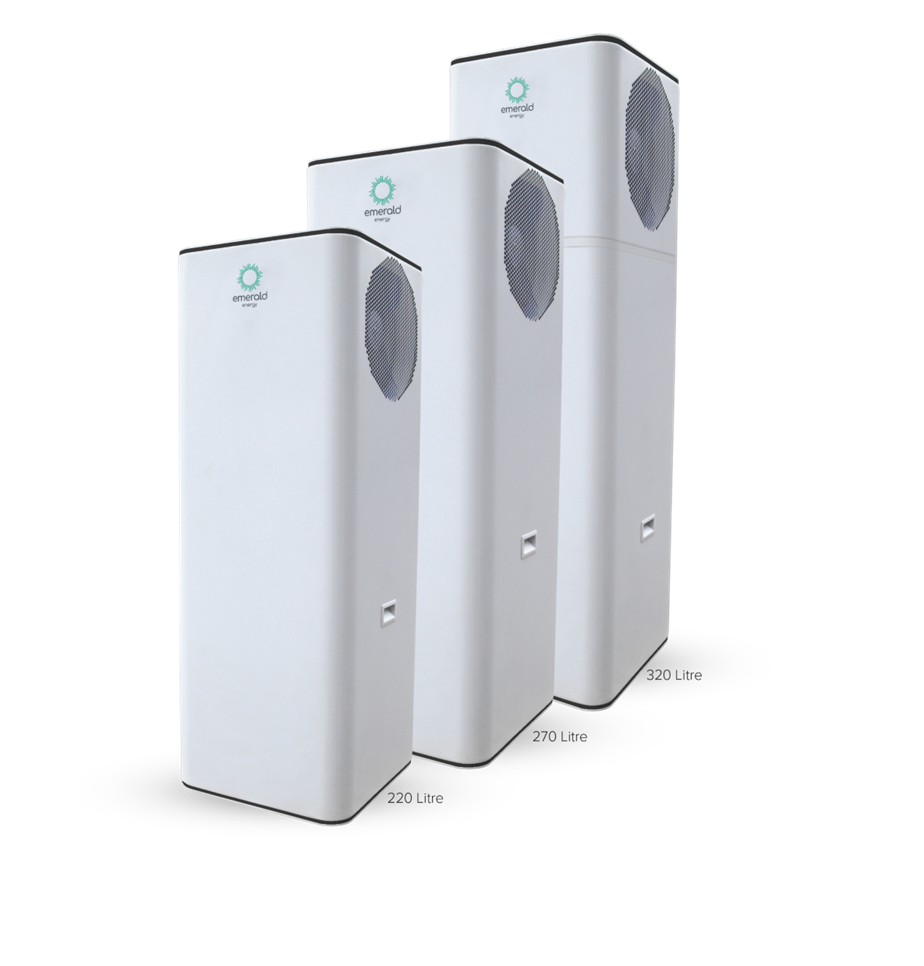
Hot Water System Upgrade
Heat Pump Hot Water Systems
Replace your current System with an Energy-Efficient one with major discounts on units and installation thanks to the Retailer Energy Productivity Scheme (REPS).
We offer high-quality Hot water systems through our accredited installation partners. Furthermore, you can rest assured that all components, tanks, and electronics come with a 5-year warranty.
On top of that, these hot water systems are environmentally friendly, as they utilise refrigerant R290, a very low environmental impact (GWP below 1:5) and excellent thermodynamic performance refrigerant.
Get maximum efficiency and performance with minimal environmental impact.

Emerald Heat Pump Hot Water Systems
YESS now offers the Emerald Heat Pump Hot Water System in Adelaide, an efficient hot water system that helps you save energy and money.


Why choose the Emerald Heat Pump Hot Water System in Adelaide?
Switch to an energy-efficient solution that delivers reliable hot water while cutting down on running costs. The Emerald All-In-One Pro Series is designed for Australian conditions and comes in a range of sizes to suit every household.
- From just $1,950* – supply & installation included
- Price inclusive of REPS and STCs
- Available in 220L, 270L and 320L models
- Manufacturer Warranty: 7 years tank, 5 years parts, 5 years labour
- Quiet operation, efficient performance, and environmentally friendly design
- Only applicable when replacing an eligible existing hot water system
*The indicated price includes supply of the unit, the installation service in a standard HWS replacement setting, as well as REPS subsidy and STC rebate. Eligibility terms and conditions apply.




Three Sizes
220L, 270L, 320L
Warranty
7 years tank, 5 years parts, 5 years labour
Remote monitoring
Control and manage anywhere, anytime, with Emerald App
Usage trends
View energy and water usage in real time with Emerald App
Register your Interest
Upgrade your home with an Emerald Heat Pump Hot Water System today.
Register your Interest below. Our team will contact you to discuss how to apply for the offer.
REPS Activity
Terms and Conditions
Heat Pump Hot Water – Common Questions

Get in touch to find out more
We’re here to help – any questions, please get in touch!
